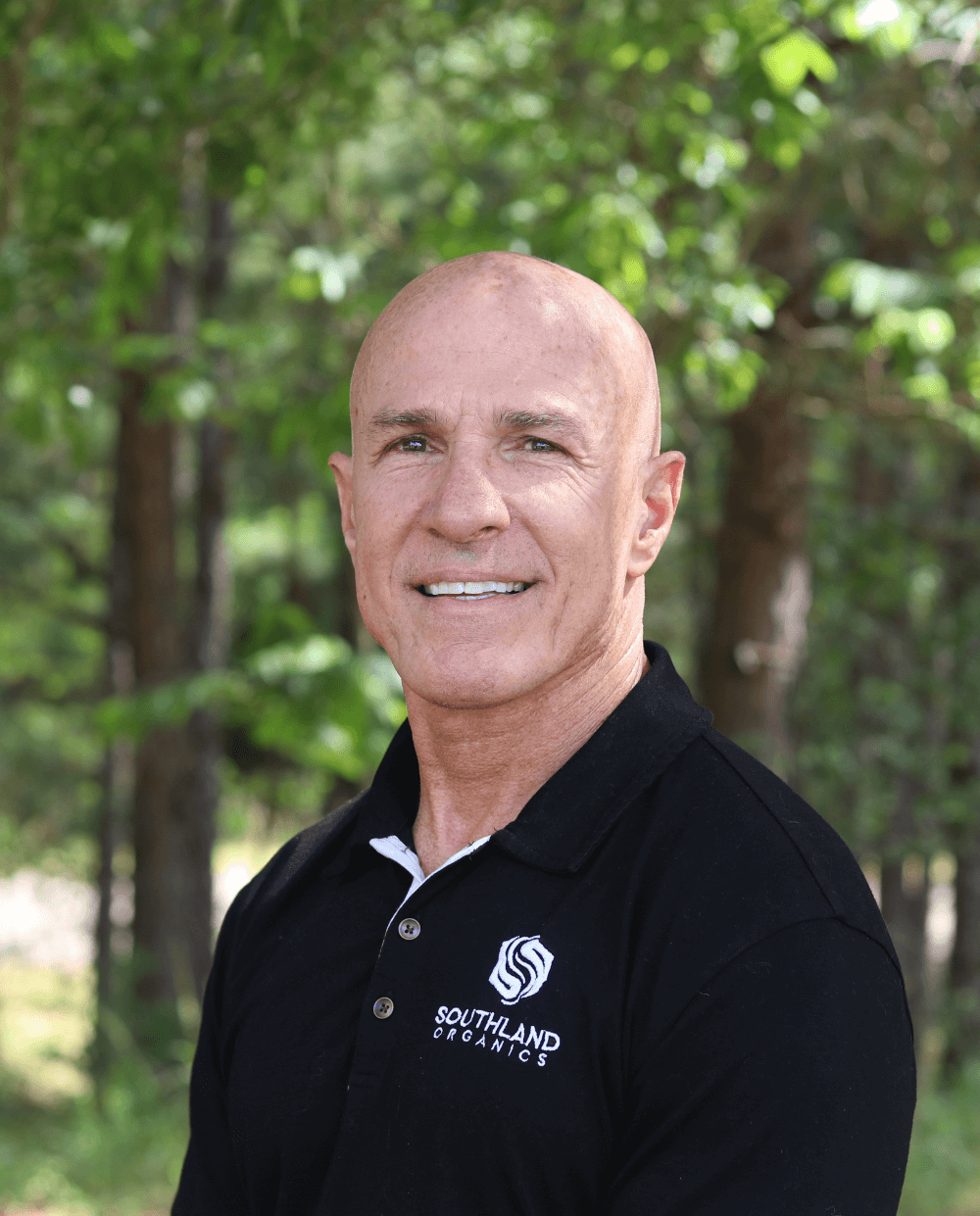The First Three Days
That's right, just three days! This amount of time sounds insignificant, but it's usually a "make it or break it" period for chicks. Here is how you can give chicks the best chance of making it through the three-day period and performing better.
Preheating for Brooding
Chicks are poikilothermic, which means they cannot regulate their own temperature. Because of this, poultry houses typically need to be heated to somewhere around 90 degrees Fahrenheit for the first days of the chicks' lives.
If you notice that chicks are huddling, they are likely too cold and the house needs to be warmed. You want to see chicks evenly dispersed across the brooding area to indicate that the temperature is warm enough.
Ensure Good Litter Quality
To start your chicks out on the right foot, provide fresh shavings. This creates a clean, dry foundation for growing chicks and has been shown to help keep them warm.
We also encourage you to use your litter to evaluate your watering systems. If the area under the waterers is wet compared to the rest of the house, your pressure may be too high!
Check Air Quality
Ventilation in your house should be minimal to ensure that wind speed does not chill the chicks. However, you do need to keep the air moving to keep harmful air components at bay, like ammonia, dust and extra humidity.
Keep the Lights On
It's recommended to provide 24 hours of light through day three. Note that it's not uncommon to see a spike in mortality when the lights go out the first time, so don't give up hope if you notice this occurring.
Feed Availability
Make sure that feed is clean and readily available for your chicks in the first three days. Old or moldy feed should have already been removed to reduce the risk of mycotoxins and enteric diseases!
Crop scoring or checking can be used on day two to ensure that chicks have found their way to feed and water. This can show you if changes need to be made so that the chicks can more readily access these vital nutrient sources.
When you check the crop, you want to see the vast majority of them be soft. If they are hard and bulbous, it may mean that your chicks have found the feed, but not the water. If this is the case, consider altering your water pressure or providing supplemental water.
On the other hand, if crops are very soft, swollen or distended, this may indicate that chicks have been drinking but have not been eating enough.
Water Availability
Before chick placement, clean and disinfect your drinker lines to remove harmful biofilms. Adjust your water pressure so it's adequate for a chick and will prevent spillage.
Set drinker line height to be about eye level with the chicks. Some people have even seen success with placing supplemental floor drinkers to draw the chicks to nipple drinkers more quickly and prevent dehydration.
A good benchmark is that water consumption should equal approximately 1.6-2.0 times the feed intake by weight on a daily basis. You can use your meters to check on this!
Preventing Starve Out
When chicks hatch, they get their nutrients from the yolk sac. The yolk sac will last for about a day and a half to two days, and if feed and water are not readily available when it depletes, starve out may occur. This is why many growers see a mortality peak around day three—the yolk sac has disappeared and the chicks don't know how to get food or water!
After these first three days, it's also a good time to identify cull birds that will perform poorly later in the grow out. It's important to remove these birds so that they do not negatively impact later mortality, feed conversion or bird uniformity.
Providing plenty of clean, easily accessible water and food will help prevent this starve out and mortality. This gives them the best chance of survival and health, which gives you the best chance of having a high-performing flock! Also consider the placement of your brooding zone—is it comfortable for chicks in terms of access to feed, water and heat without being crowded?
Contact Us
Have any questions or ideas for future Poultry Biosecurity videos? Contact Allen Reynolds at allen@southlandorganics.com or 800-608-3755.






